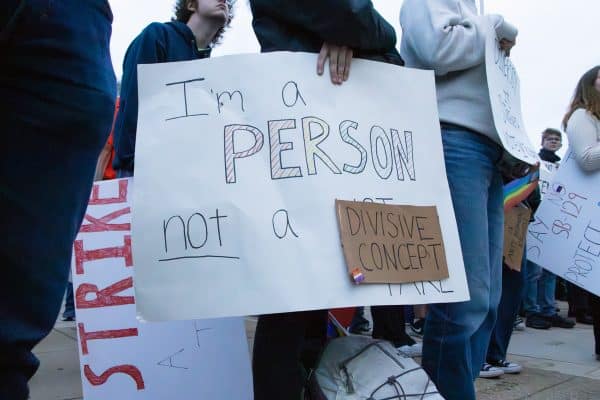Opinion | Summer internships shouldn’t be the norm
June 2, 2021
With the spring semester behind college students and the promise of the remaining summer ahead, many are elated. As they begin summer internships that they have long aspired to, these students view the summer as a starting point to a greater future of academic and professional success.
For these students, summer internships appear to be a well-deserved reward for sleepless nights, the sacrifice of social lives and the continued pursuit of the ideal resume. However, their experience is not universal.
Other college students experience summers in a state of dread as they are confronted with another reminder of the uncertainty that awaits them. For these students, this period doesn’t appear to be an opportunity for growth. Instead, summer forewarns a competitive job market, student debt and the ever elusive chance at success in “the real world.”
Summer internships have long been understood as a given in one’s academic career, a necessary step to craft the ideal resume to appeal to potential employers and graduate programs. This expectation may seem out of grasp for many college students. The typical attitudes surrounding summer internships ignore the many obstacles that students face as they plan for their futures.
Unpaid internships place a financial burden on students as they juggle loans, rent and family responsibilities. These unpaid involvements seem necessary in a work environment that increasingly values work experience, even for entry-level positions. Students are compelled to take on the role of a regular staff member, conducting difficult and strenuous tasks for no compensation. These internships make up a substantial 43% of all for-profit opportunities according to the National Association of Colleges and Employers.
While many may view this lack of pay as a necessary trade-off to accumulate experience and credit hours, this position ignores the reality of the opportunity cost of such experiences. Since students have to sacrifice paid positions to participate in unpaid internships, these opportunities exclude those from a low socioeconomic background. While some may have support to cover living expenses like rent and food, those that don’t cannot afford to spend their summer without earnings.
This economic disparity represents a larger systemic issue at the core of academia: the inaccessibility of the typical college experience. As a result, many have begun to view unpaid internships as unethical, or even exploitative.
Similarly to these financial obstacles, summer internships may be inaccessible to those that require the summer semester to complete their degree. These students may have responsibilities outside of academia that prohibit them from taking on a full course load during the academic year, like jobs, family obligations or chronic illnesses. In the midst of balancing shifts, arranging childcare or attending medical appointments, these students rely on the summer to finish their degree in a timely manner. This population is not an insignificant one. Part-time students make up over a quarter of overall enrollment in four-year universities.
In any typical time period, existing barriers to summer internships may result in increased anxiety for college students who struggle to adhere to a typical academic path. These worries have only worsened in the midst of the COVID-19 pandemic. Just as it has left a mark on all other aspects of life, so has the pandemic colored the experience of college students that face a tumultuous workforce.
Last year, as the world began to shut down, many college students grieved the loss of their opportunities. As in-person events were cancelled to accommodate safety measures, 64% of cancelled student internships provided no alternative offers. For those that have had it ingrained in them to pursue a traditional and strictly defined route, this event invited doubt and insecurity. In the pursuance of the ideal career path, students began to question how they would justify gaps in their perfectly tailored resume. Some are even hesitant to graduate into a workforce that has experienced job losses for 15% of adults due to the pandemic.
Given these barriers to summer internships, academic institutions and the corporate world must adopt a new outlook on summer involvement. While summer internships may provide students with increased opportunities, they are not the sole path to success. By holding a job through summer, students demonstrate the ability to receive instructions from managers, commit to a regular schedule and to communicate with others in a pleasant and professional manner. By participating in summer classes, students display a continued thirst for knowledge.
More important than having a traditional college experience is the ability of students to engage in the activities that they are passionate about. Rather than accumulating resume builders for their own sake, students ought to market their unique experiences that enable them to successfully pursue their desired futures. As the culture around work undergoes a reform, one must ask if college students can be constrained to one type of involvement to achieve success.











